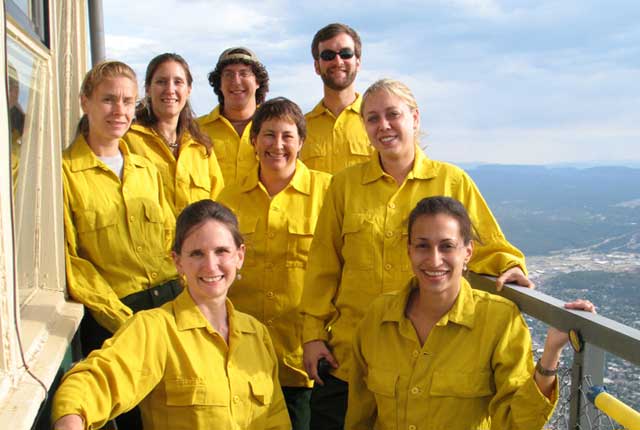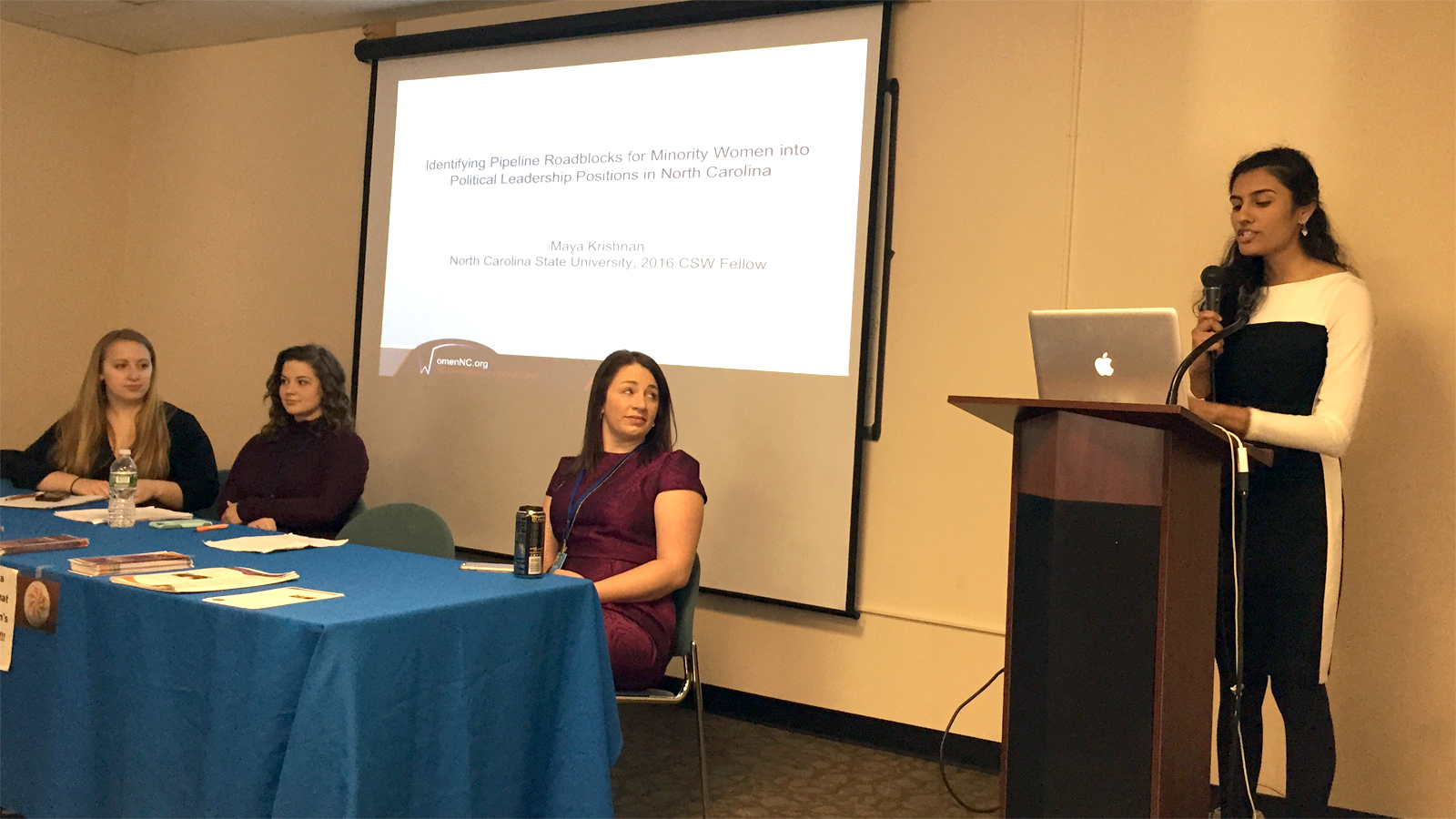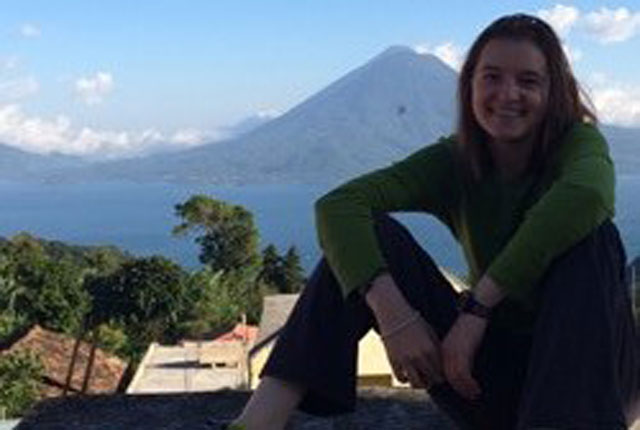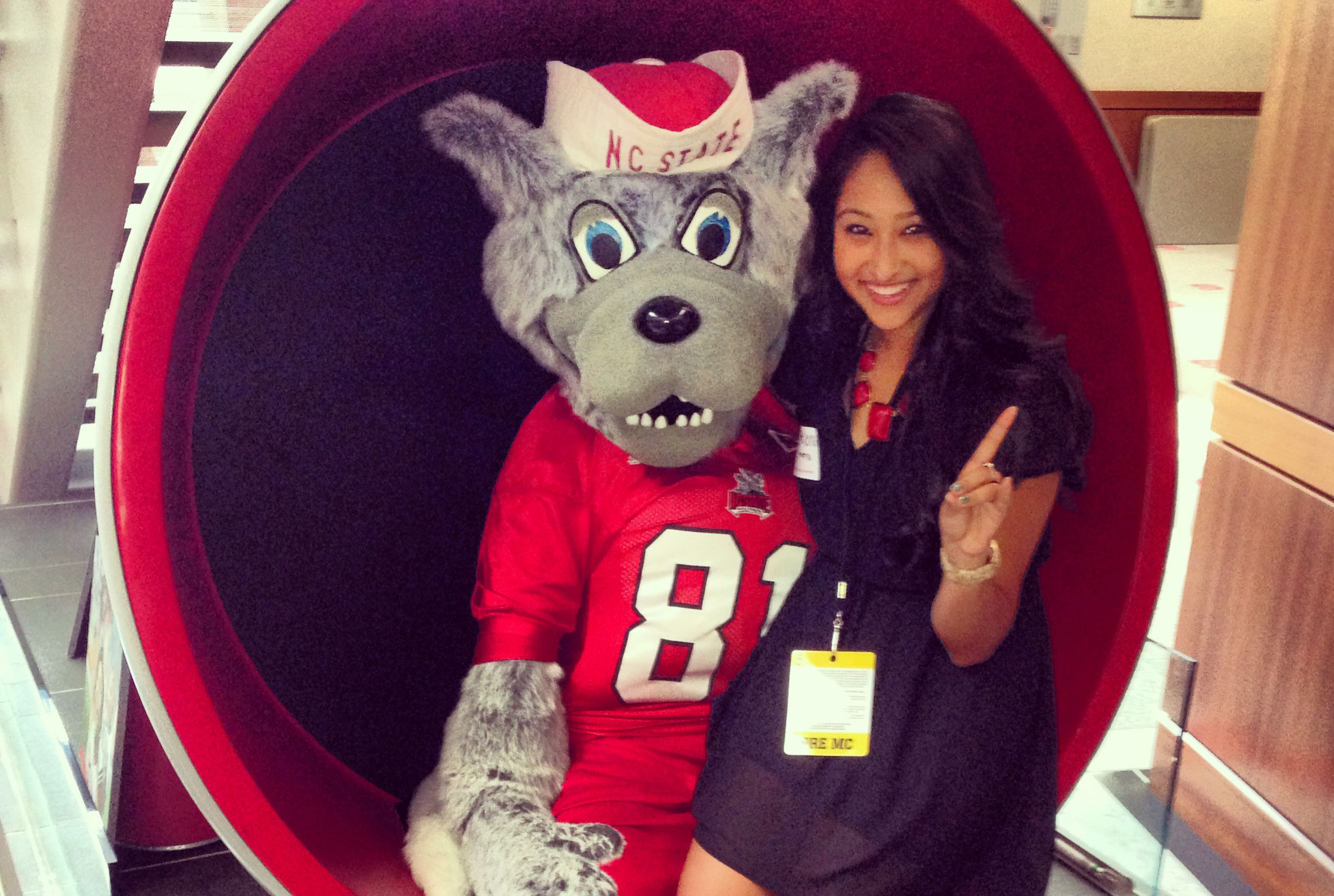Fighting Wildfires with Research


Think fighting wildfires is just a job for forest rangers armed with water? Think again. Research in communication practices is improving the ways in which wildfires are handled.
On the front lines of this research is Dr. Branda Nowell, associate professor in the Department of Public Administration. Nowell, in collaboration with Dr. Toddi Steelman from NC State’s College of Natural Resources, leads a research team dubbed the Fire Chasers who have been researching wildfires since 2008. The team’s goal is to better understand how to make communities more resilient to wildfires and other such disasters. Their work is supported in part by a grant from the National Science Foundation.
Nowell’s particular area of research “centers around organizational networks and inter-agency communication and coordination.”
Her specialization has led her to work in many contexts including domestic violence, public health, community development, and disaster response.

It is in the latter area where Nowell sees a great need for research. “Disaster response is such a rich context to study,” says Nowell. “In order for the response to be effective, it generally requires many different organizations and agencies to come together very quickly into a coordinated system for meeting community needs and often under very challenging conditions.”
So why choose to focus on wildfires? “Wildfires are one of the most commonly occurring disasters in the United States,” says Nowell. “Historical fire management practices and increasing development pressures in wildland areas have led to an increase in the severity and complexity of wildfires.”
Such complex disasters require complex research. Nowell’s background in community and organizational psychology makes her an important member of the Fire Chasers team. However, she is quick to point out the variety of expertise needed in the team’s work. “Working in this area often requires tapping into insights from an array of disciplines including psychology, communication, sociology, public management, public policy, system science, and organizational science to understand these settings,” explains Nowell. “As scholars, it has been fun and challenging to think about disaster response dynamics from so many different perspectives.”
The Fire Chasers’ research sends them outside the classroom and lab into the thick of unfolding disasters. Their research has taken them from the east coast to the west as they observe incident management teams in action on multiple fires at sites in California, Arizona, and New Mexico. “I really enjoy being out in the field,” says Nowell, adding that the highlights of their trips include “getting to observe some of the best incident management teams in the nation in action, getting to talk to community members and agency officials involved, learning about the challenges these individuals have experienced during the response, and seeing what works and what doesn’t work.”
Through their fieldwork, observations, and research, the Fire Chasers team has become a valuable resource for local communities and federal incident response teams. “At the end of the data collection, we provide reports and presentations to each field site and incident management team about what we learned, in addition to our more academically oriented publications, in order to quickly get research findings out to those who might be able to use them,” says Nowell. “We have ongoing conversations with the officials involved who let us know the next set of questions where they would appreciate our input. We anticipate many of the lessons from the project will be useful to others who deal with large-scale disasters.”
By Lauren Williams, CHASS communication intern
- Categories:


